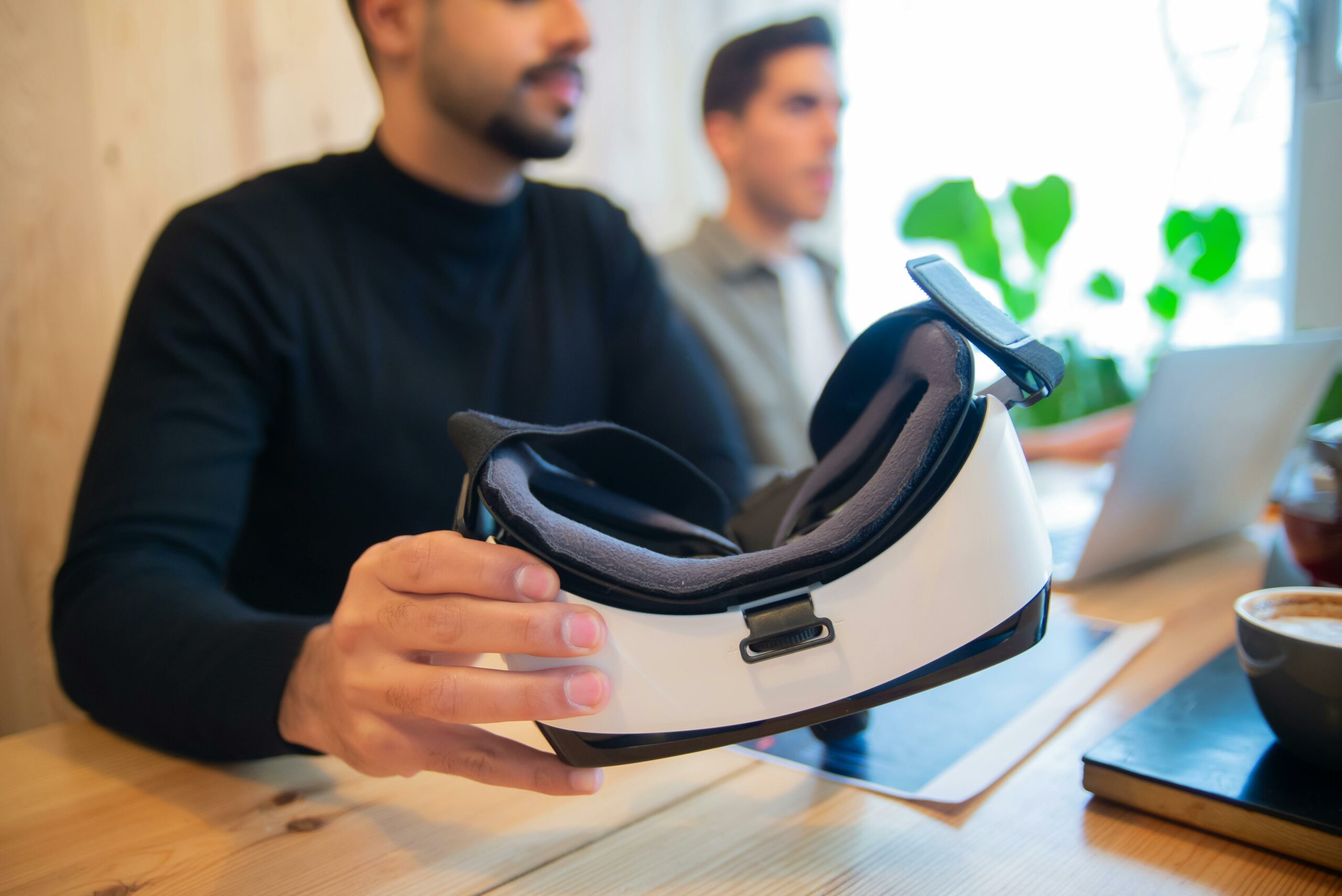In the wake of the COVID-19 pandemic, the world has witnessed an unprecedented shift towards online education. This transition, while necessary, has also highlighted several challenges and opportunities within the realm of distance learning. Enter HECOF – an innovative project aimed at addressing these challenges head-on and transforming the landscape of education as we know it.
At the heart of HECOF lies a vision to enhance online distance learning, making it more than just a substitute for traditional classroom teaching. By leveraging cutting-edge technologies such as Virtual Reality (VR) and Artificial Intelligence (AI), HECOF seeks to create immersive learning experiences that bridge the gap between students and educators, regardless of physical distance.

One of the key strengths of HECOF is its emphasis on inclusivity and accessibility. Recognizing the diverse needs of students, including those with learning difficulties or disabilities, the project endeavors to design solutions that cater to all learners. Through a co-design process involving stakeholders from Higher Education Institutions (HEIs), HECOF aims to ensure that every voice is heard, and every need is addressed.
But HECOF doesn’t stop there. It also tackles one of the most pressing challenges facing AI in education – ethics. In a world where data privacy and bias are hot-button issues, HECOF advocates for transparency, accountability, and responsibility in the use of AI. By codifying principles such as fairness and inclusivity, the project aims to create a framework where AI works for the betterment of all students, free from biases or discrimination.
Furthermore, HECOF recognizes the importance of stakeholder engagement in driving meaningful change. By involving students, educators, and other key players in the development process, the project ensures that the resulting solutions are not only effective but also reflective of the needs and values of the community.
Through its pilot activities in Greece and Italy, HECOF aims to revolutionize the way we approach education. By harnessing the power of VR, AI, and learning analytics, the project seeks to create a learning environment that is engaging, inclusive, and ultimately more effective in preparing students for the challenges of tomorrow.
As we navigate the uncertainties of the post-pandemic world, projects like HECOF offer a beacon of hope – a glimpse into a future where education knows no bounds and every student has the opportunity to thrive. It’s time to embrace the possibilities, to bridge the gap between technology and education, and to pave the way for a brighter, more inclusive future.